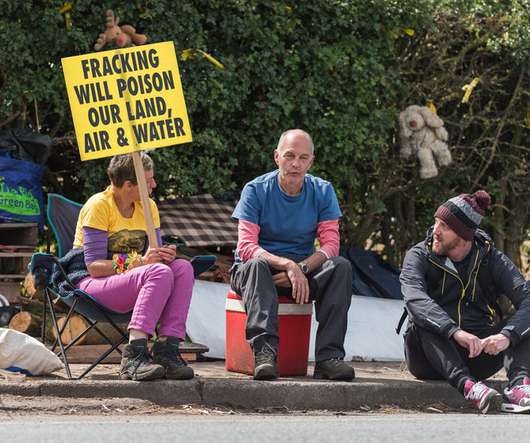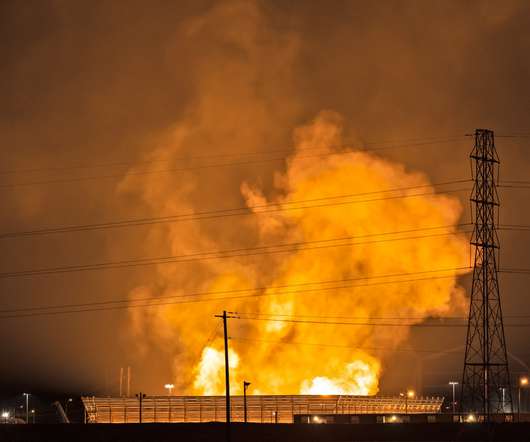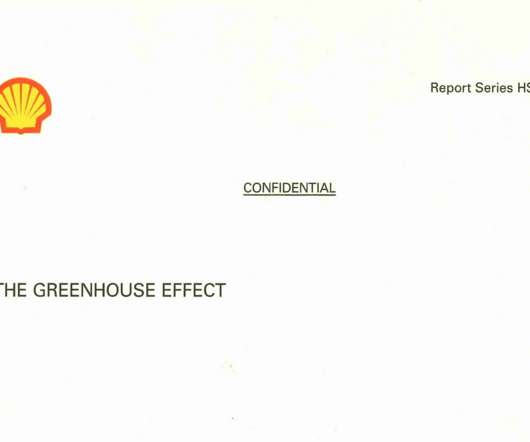Methane release from UK shale gas site equivalent to 142 trans-Atlantic flights, says research group
Envirotec Magazine
OCTOBER 28, 2020
Protestors at the Preston New Road site in 2017. tonnes of methane gas to atmosphere that was detected at a nearby monitoring station installed by researchers from The University of Manchester. Operations at the Preston New Road shale gas site led to a venting of around 4.2















Let's personalize your content